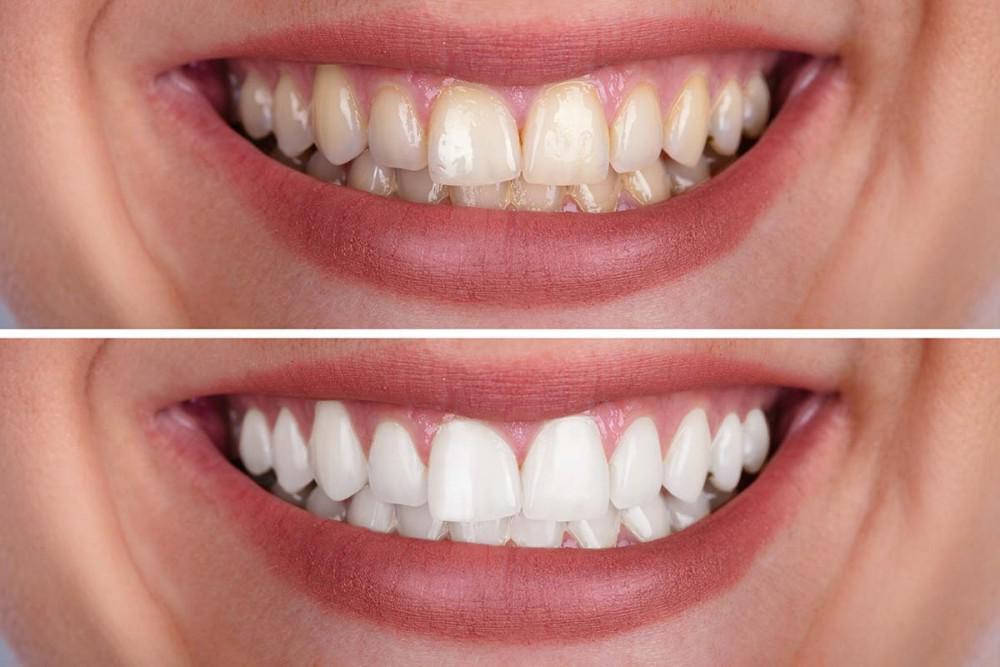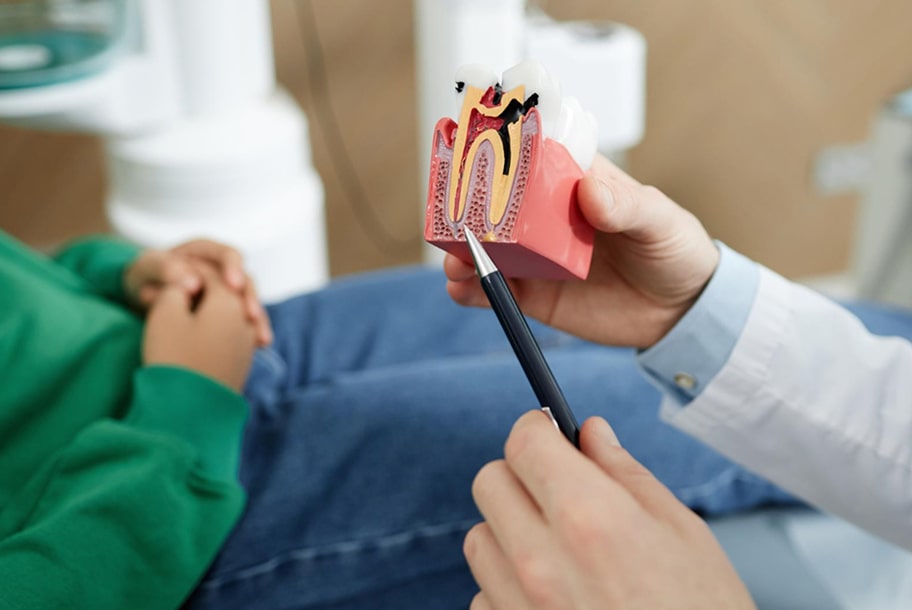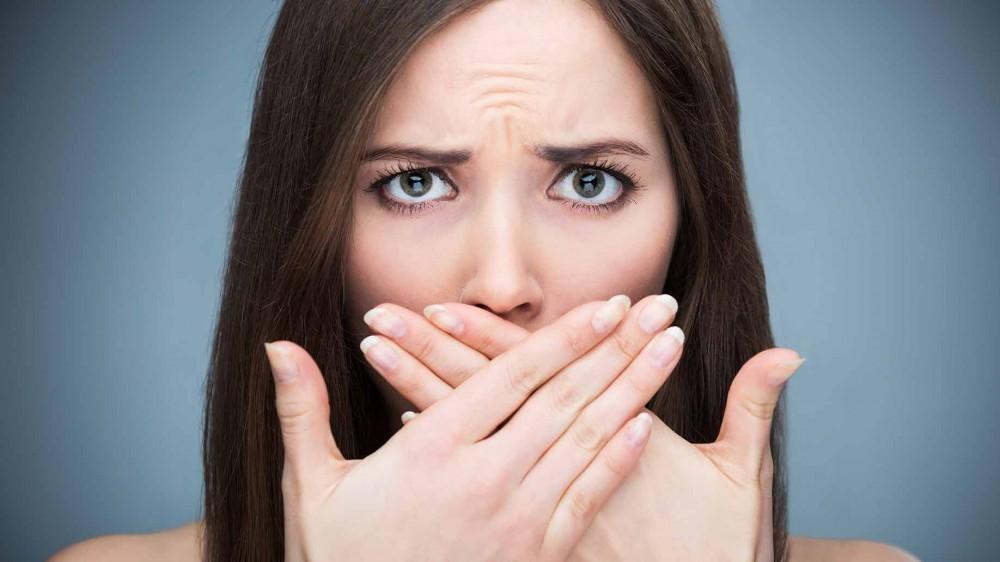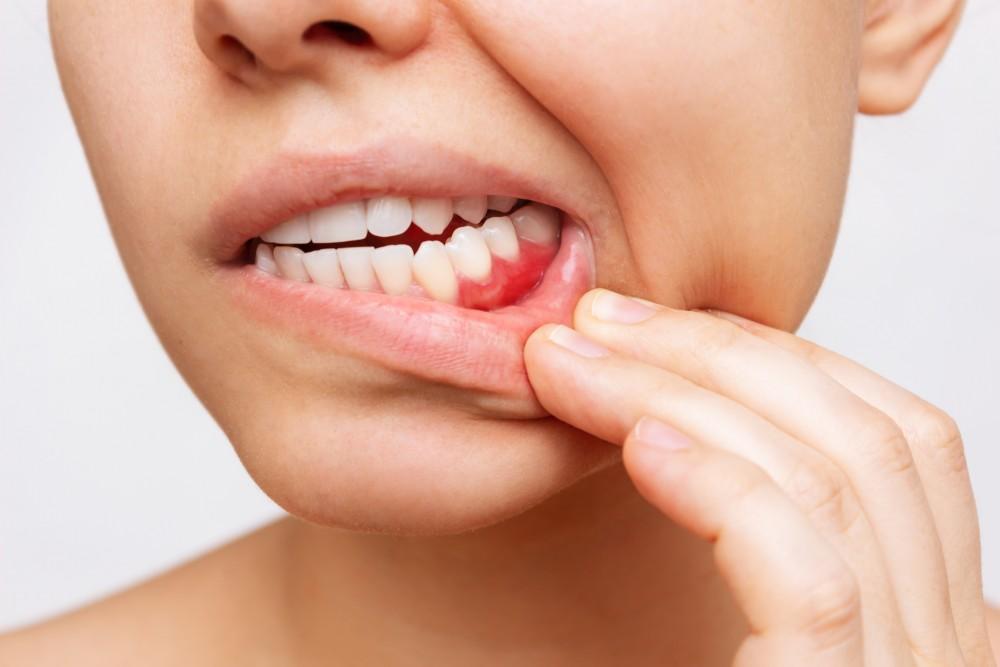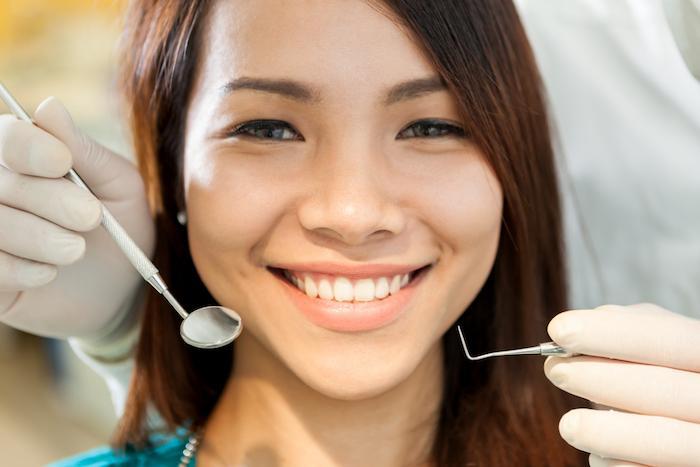
When it comes to oral health, your gums can get overlooked. After all, your teeth are the stars of your smile. But if you expand your oral care routine to include proactive gum care, you can keep dental work to a minimum and keep your teeth and gums at their healthiest.
At Arya Dental, we want you to have a healthy mouth and a dazzling smile. In this blog, we discuss what you can do to keep your gums and teeth healthy for years to come.
1. Practice gum-friendly brushing
Brushing twice a day is a great place to start. Add to this a soft-bristled toothbrush and a fluoride toothpaste approved by the American Dental Association, and you’re building the foundation for a great routine. You should also replace your brush every three months.
Brushing should start at the gums, with the bristles at a 45-degree angle. Move the brush back and forth with short strokes and work the brush down to the ends of your teeth. Overlap the next pass following the same sequence.
This technique will stimulate your gum tissue and move plaque and food particles away from your gums. Furthermore, frequent brush replacements will maximize stimulation and prevent bacteria from accumulating on the brush.
2. Make sure to floss
Daily flossing will remove food and plaque that may otherwise form into tartar, a substance that can cause gum disease, and which can only be removed with special dental instruments. Tartar can force your gums away from your teeth, which can create pockets around the roots of your teeth. These pockets are perfect environments for bacteria to grow and attack your teeth’s enamel.
Dental floss can access places your brush can’t effectively reach. Between brushing and flossing, you can slow the process through which plaque turns into tartar.
3. Use mouthwash after brushing and rinse after eating
While using mouthwash after you floss and brush can help as part of your oral care routine, rinsing with water after you eat should also play a role. Rinsing can wash away food particles and bacteria that can form into plaque and tartar.
While rinsing your mouth shouldn’t replace brushing and flossing, it can augment oral care between sessions. And using mouthwash after you brush can help kill germs and bacteria.
4. Maintain regular checkups
The checkup schedule recommended by your Arya Dental provider isn’t an arbitrary suggestion. Whether you’re scheduled every six months or every year, you should adhere to the schedule for the best oral health.
Even if you floss, brush, and rinse every day, plaque and tartar can still build up in areas. Only regular dental cleanings can keep tartar and plaque at bay. Unfortunately, 42% of Americans don’t follow a regular dental checkup routine. If you’re one of them, now is the perfect time to make a change.
If you haven’t been to the dentist in a while, or if it’s time for your next cleaning, book an appointment online or over the phone with Arya Dental today.

